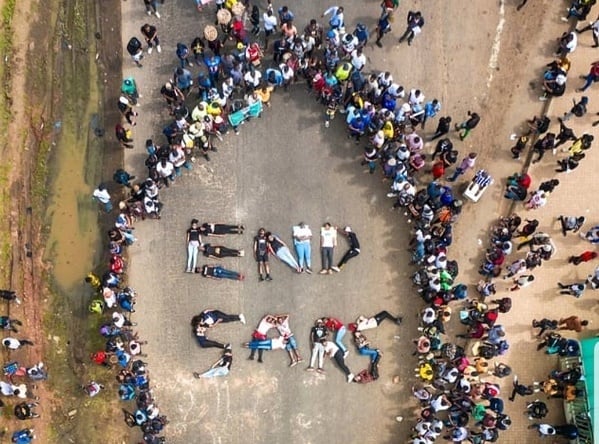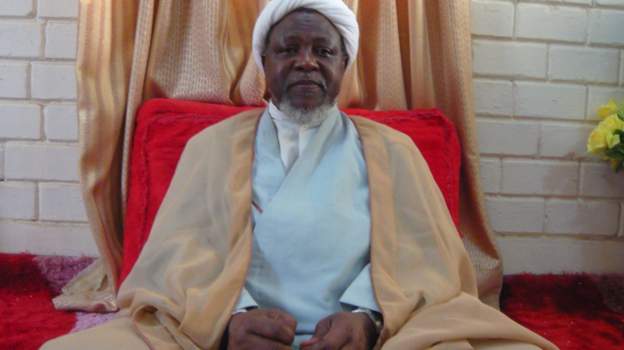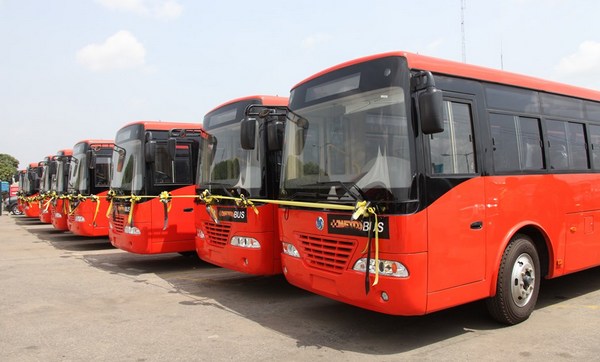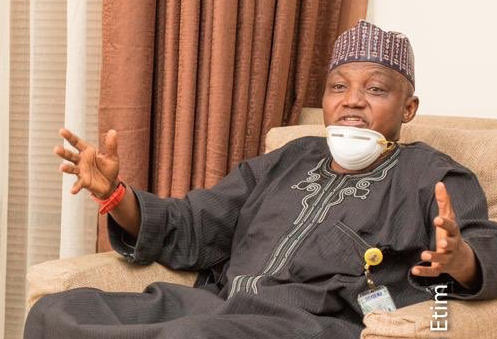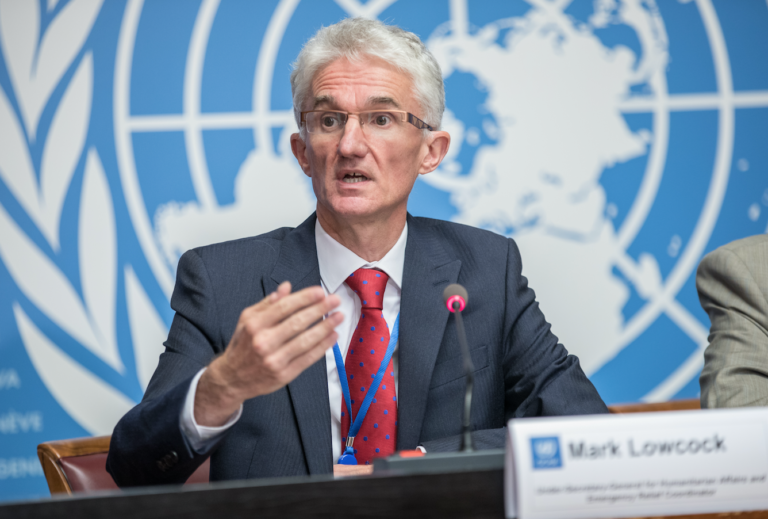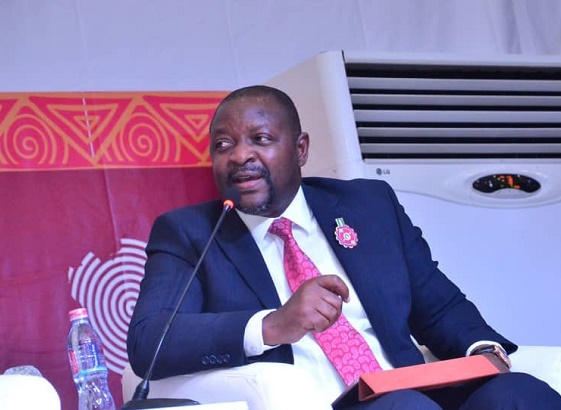Nine positive lessons from #EndSARS campaign
BY IBRAHIM FARUK
In July 2020, The Guardian, in an article predicted that protests were set to surge globally as COVID-19 drives unrest as “the economic impact of coronavirus is a “tinderbox” that will drive civil unrest and instability in developing countries in the second half of 2020….” The article added that “the highest risk countries facing a “perfect storm”, where protests driven by the pandemic’s economic fallout are likely to inflame existing grievances, include Nigeria, Iran, Bangladesh, Algeria and Ethiopia.”
While the predictions did come true, no one predicted the scale and level of organizing witnessed as a result of the #EndSARS protests that started in October 8, 2020 in Lagos, Nigeria’s commercial city and spread across the country like wildfire. The last time Nigeria witnessed such protests was probably in 1978, when Nigerian students staged a protest (Ali Must Go) which, till today, remains the mother of all student protests in Nigeria. It was a nationwide agitation that brought the National Union of Nigeria Students (NUNS) into an open confrontation with the Military government of Olusegun Obasanjo and the stern looking men of the Nigerian Army.
The #EndSARS Movement has been considered the most organic and largest citizen protests in Nigeria’s 4th Republic. Comparisons have been drawn to the #LekkiMassacre and the ‘Ali Must Go’ protests and raised the question on ‘what next?’ The protests began, first in Lagos and spread across various cities, after a video allegedly showing a SARS operative killing a man went viral. Reuters reports that the situation on the ground has turned into “some of the worst street violence the country has seen since the end of military rule in 1999”.
Advertisement
Following peaceful protests for 12 days across the country – in an affirmation of young citizens democratic and constitutional right to peaceful assembly as well as a freedom of association – there were loud calls from various quarters for the President of the Federal Republic of Nigeria, Muhammadu Buhari to address the nation in hopes of reaffirming citizens’ rights to peaceful assembly and assuring protesters of governments commitment towards meeting their demands.
The statement by the President of the Federal Republic of Nigeria on 22nd October, 2020, instead stated that “In the circumstances, I would like to appeal to protesters to note and take advantage of the various well-thought-out initiatives of this administration designed to make their lives better and more meaningful, and resist the temptation of being used by some subversive elements to cause chaos with the aim of truncating our nascent democracy. For you to do otherwise will amount to undermining national security and the law and order situation. Under no circumstances will this be tolerated.”
Street protests were halted in Nigeria following the President’s address to the nation; however, the Movement continues to adapt their mode of engagement in order to press home their demands.
Advertisement
These adaptations are beginning to manifest in states such as Lagos where citizens who are not able to protest peacefully like they did for 12 days have resorted to messaging using creative signs that ensure the message towards ending police brutality remains in the minds of the citizens and security agencies as they commute to work in the city’s notorious traffic jams. Similar signs have also been spotted in Enugu, in the Eastern region of the county.
Protesters in Jos, Plateau State embarked on door-to-door civic education campaigns with handbills on how citizens can engage and hold the government accountable despite the government’s claim that all the demands of the protesters have been met.
In order to move the #EndSARS Movement from protests to power, it is imperative to learn lessons from previous (and current protests) that have been able to move from protests to power. The calming of a protest should not be treated as an end-point but rather a new beginning.
Nigeria has been an unbroken democracy for the past 21 years but as the #EndSARS Movement has shown, democracy does not always provide development for its citizens. The protest which were met with state violence, currently show every sign of morphing into something more — something that reaches for the reform of the political system itself, that improves its capacity for producing leaders fit for the 21st century and remake the country for human flourishing.
Advertisement
In Hong Kong for instance, protests have been ongoing since June 2019. The lessons primarily from the Hong Kong Protests are an adaptation of Bruce Lee’s famous quote to be “formless, shapeless, like water”.
The Hong Kong protests occupied the city’s main thoroughfares for 79 days in the hope that the disruption would force the government to the negotiating table. The government refused to budge, and the street occupation protests ended.
The Hong Kong protests, provides a striking contemporary comparison to the #EndSARS especially as both Movements are leaderless. Mark Amaza argues that the “refusal of the protesters to back down has not been the only source of frustration for government – it is also the fact that the protests do not have any visible leaders as the movement employed a uniquely leaderless strategy. Again, this is not without reason as doing so protects those who would have been leaders from possible intimidation and harassment from the government and its agents. Not only that, it also protects the integrity of the movement by preventing the possibility of persons hijacking the movement for pecuniary gains and their political ambitions”.
A deeper question revolves around what happens when protests die down, or in other words – what next for #EndSARS? Richard Young makes the point that, “It is difficult not to be moved by what young activists in Hong Kong and elsewhere have achieved in recent months. However, it is important to keep in mind that it is when the crowds eventually go home that a lot of the really decisive politics and power-broking happens. The post-protest moment may not be as dramatic in media terms as the heat of a large-scale demonstration, but it is of vital importance in influencing whether protests are ultimately meaningful – and whether their impact is positive or less benign for democracy”.
Advertisement
The #EndSARS Movement will need to re-think its strategies and fine-tune its methods such as engaging with the Judicial Panels of Inquiry, providing legal support to protesters who have been arrested, harassed and targeted, increased civic education, and joining political parties towards ensuring that this period is only a preparation for the beginning of a new phase of political engagement.
As Bruce Lee said, “Water can flow, or it can crash!”
Advertisement
Faruk, a programme manager with Yiaga Africa’s Governance and Development Programme, can be reached via [email protected], and tweets @IbrhmFaruk
Advertisement
